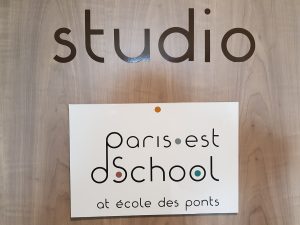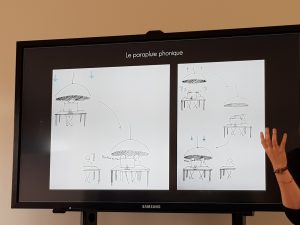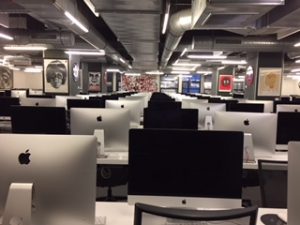Blog by 4TU.CEE programma coordinators Renate Klaassen (TUD), Chantal Brans (TU/e) and Chris Rouwenhorst (UT)
On the 26th and 27th of November, 32 teachers and 5 support staff members gathered in the Woudschoten Conference hotel to discuss and work on interdisciplinary education. The two day workshop was guided by Prof. Siddhartan Govindasamy and Prof. John Geddes from Olin College and a nice variety of some eight teaching staff per technical university were present.
Olin College is a state of the art engineering university in America with a focus on education (not on research), where almost all (project) education is inter- or multidisciplinary. In Ruth Graham’s work, Olin College is considered as one of the leading (current- and future) institutes in engineering education.
Teaching principles
The first day of the workshop, John and Siddhartan, shared their approach to designing and conducting interdisciplinary project work. They mentioned a number of i mportant teaching principles used at Olin and pervasive throughout the culture of Olin College:
mportant teaching principles used at Olin and pervasive throughout the culture of Olin College:
- Learning by experiment
- Trust and collaboration in team work
- Letting go of your disciplinary identity
- Student centeredness and what it means
- Continuous questioning of assumptions, prototyping, testing your ideas and reflections to improve
Experiment
The morning of the 1st day we started with a hands on experiment, questioning boat stability on the basis of shape, weight and water, challenging our fundamental knowledge about the physical world. After a debrief we now all remember that broad shaped pieces of wood are more stable in water and less likely to topple over. (So our Dutch 17th century boatbuilders were ahead of their time, building broad ships like botters and schouwen, etc.). At the heart of the experiment is the quantative analysis process, a process for engineering design, broadly applicable. The process is depicted below:
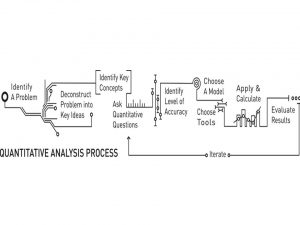
Trust
Trust amongst team-members is very important when working together, and even more so at Olin College since most courses are taught in a team-setting.
“Many studies have shown the importance of trust to creating and maintaining high performance teams. A key component of a trusting environment is psychological safety: feeling like you can share your ideas, even the crazy ones, without fear of judgement”
A way to create trust is taking time to get to know each other. At Olin all team members are asked to take 5 minutes to share the most important life events that brought them to this team; the strong points each team-member brings to the table based on their experience; and how they are willing to dedicate their time to realise this project. Although it seems tedious to start this way, it is worth taking this time as it turns out that less conflicts occur at a later stage of the teamwork.
“Good” teaching
At Olin College disciplinary teaching staff is not hired, as there is no organisational structure linked to disciplinary faculties or units. Disciplinary knowledge is not regarded as a key feature of “good” teaching; guiding students, coaching students and helping them to find the experts when they need the information, is part of good teaching. A team of diverse teachers helps to create different perspectives on each topic, covers a breadth of ideas not reached within one single discipline, increases the different pedagogical approaches (breath, options and scope) and facilitates the onboarding of new faculties as apprenticeships within the institution.
Student centeredness at Olin is about making students responsible for their own learning process, thus many exercises are included; to stimulate self-directed learning, to make sure students provide formative feedback to one another before the teacher does, to have students do their own goal setting and reflect on the process to stay on track and come up with an answer to adjust or adapt their course of action.
Case studies
The second day of the workshop was a dedicated “working day” on institutional case studies. Interdisciplinary teams of teachers of different universities worked on a real or imaginary interdisciplinary course. We started with making personas of students, discussed our goalsetting for the design of education and (re)addressed the personal case of one of the 4TU- team members. Examples of cases that were discussed:
- A design studio for industrial ecology on sustainability; espousing micro teaching and tutoring of peers on interdisciplinary topics.
- An interdisciplinary Urban greenhouse challenge.
- An interdisciplinary project on wearable lights for sleeping problems involving programming, user interviews, presentations and much more.
- A civil engineering project about machine learning with various types of assessment.
- An interfaculty or interuniversity design project on resilience in which students should come up with a technical product which is socially acceptable, technically feasible and covers disciplinary integration in depth as well as breadth.
The outcomes were great! Some participants improved their existing course, some thought of a learning line to “build” the project-based and interdisciplinary learning during the course of the bachelor. Taking the time to really work on your own project with team members from the other technical universities was refreshing and meaningful for our own learning process.
Overall the feedback of the participants was that it was great to engage with colleagues on teaching and learning for two days. Getting out of your normal university setting also helps to reflect on your work and in making modifications.
Olin college invests in teaching and engages in experiments. At the four technical universities we are all used to project based learning. It is nice to notice during the two day workshop that we are doing pretty well! We made some good steps forward in the last few years and could be much more proud of what we are doing and also share experiences.
Siddhartan and John were impressed by the “high level questions” asked by the participants and by the energy and the engagement of the group. We sincerely thank John and Siddhartan for this inspirational two-day workshop and are looking forward to meet again.
All documents and slides are available. If you want more information about this workshop, you can contact either Chantal Brans or Renate Klaassen.



 Considering the strategy papers of the four technical universities, there are a number of challenges for our teachers in engineering education, amongst them the following:
Considering the strategy papers of the four technical universities, there are a number of challenges for our teachers in engineering education, amongst them the following: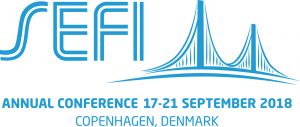 In her key note Ruth Graham addressed the innovative nature of the up and coming or trending Universities (
In her key note Ruth Graham addressed the innovative nature of the up and coming or trending Universities (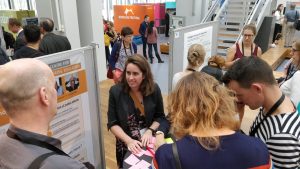 es would take care of the three pillars of engineering education “creativity, innovation and entrepreneurial mindset”. A rather interesting statement. Do universities also consider teaching fundamental skills to students as their main task? Or could this be outsourced to online learning companies………
es would take care of the three pillars of engineering education “creativity, innovation and entrepreneurial mindset”. A rather interesting statement. Do universities also consider teaching fundamental skills to students as their main task? Or could this be outsourced to online learning companies………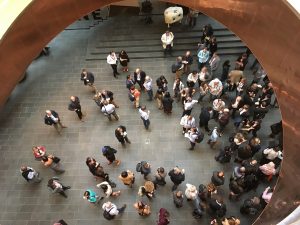
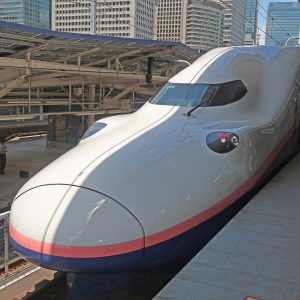
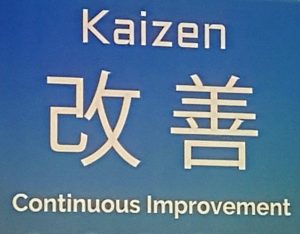
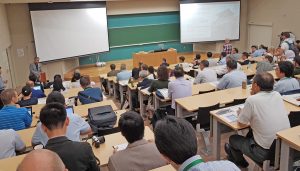
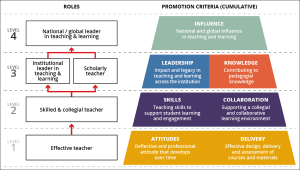
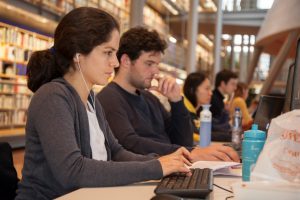
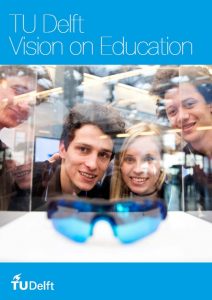
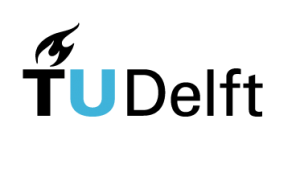 TU Delft faces interesting challenges to remain an active and engaged change-maker in the landscape of 21st century higher engineering education. The university has always strongly focused on equipping students with deep discipline-based knowledge and left the development of the durable and wider professional skills to the early years of the professional career. And that won’t change. But future engineer business increasingly needs talents that combine deep disciplinary expertise with social, political, and economic capabilities, who are able to connect the dots, think holistically, and are culturally agile.
TU Delft faces interesting challenges to remain an active and engaged change-maker in the landscape of 21st century higher engineering education. The university has always strongly focused on equipping students with deep discipline-based knowledge and left the development of the durable and wider professional skills to the early years of the professional career. And that won’t change. But future engineer business increasingly needs talents that combine deep disciplinary expertise with social, political, and economic capabilities, who are able to connect the dots, think holistically, and are culturally agile.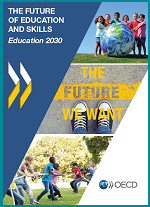 Position paper OECD and engineering education
Position paper OECD and engineering education
 Innovation through co-operation and collaboration
Innovation through co-operation and collaboration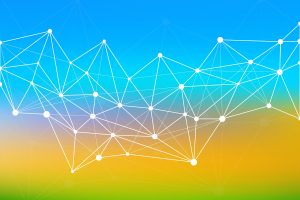

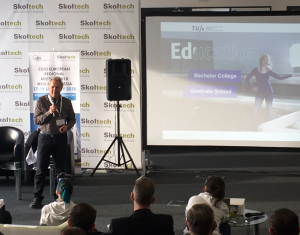
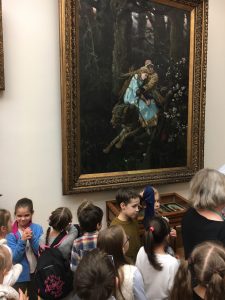
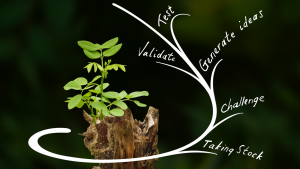
 In the course they will:
In the course they will:
